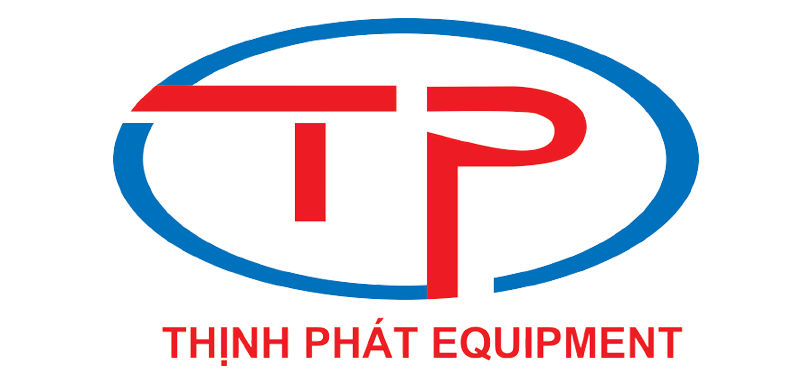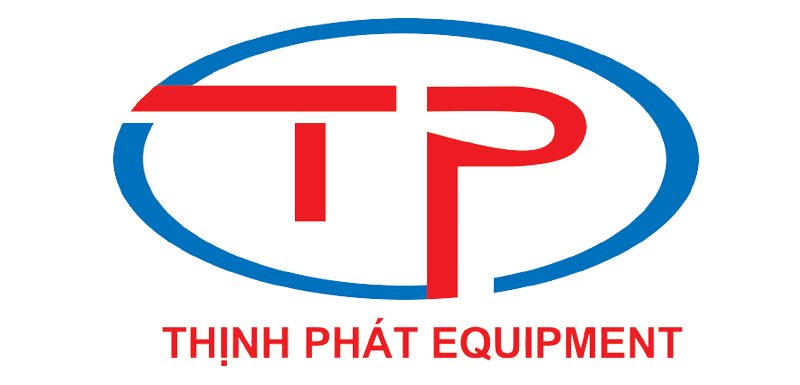Bitbucket Pipelines Vs Jenkins What Are The Differences?
In my opinion, the only lack of abilities you have with Concourse is your personal information of the means to build pipelines and automate issues. Technincally there is no lack, i’d even say you can extend it way more easily. However as a Con it is easier to work together with Jenkins if you’re solely used to UIs. Concourse wants somebody which is capable of utilizing CLIs. This doc provides a comparability between Bitbucket Pipelines and Jenkins, focusing on their key variations.

If you do not have a dedicated operations group then at least considered one of your developers will want to have the flexibility to troubleshoot and correct any issues that will arise. If a build agent dies, someone on your team wants to repair it. If builds are mysteriously failing, anyone needs to analyze. If you want to scale out your construct brokers, someone must have the know-how to do this.
The paper presents a comparability between two CI/CD platforms, particularly Azure DevOps and GitHub. It analyzes the completely different features and capabilities of those platforms, including performance, safety, costs and usability. There’s some confusion regarding Bitbucket Pipelines and Bamboo, where they overlap and where not. Atlassian discontinued their Bamboo Cloud offering ~3 years in the past, so at a high-level they are totally different merchandise in that regard.
Evaluate Jenkins Vs Bitbucket Pipelines
JIRA, HipChat, Confluence, and of course Bitbucket all get a lot of use from us. Atlassian is slowly killing off Bamboo and we do not but have a CI/CD setup. Since we’re not ready to go away the Atlassian ship meaning we’re using Bitbucket, which leaves us with Bitbucket Pipelines and Jenkins Pipeline as our primary contenders. Jest, AVA and different test suites could be built-in into Jenkins because of the large pool of obtainable plugins and NPM packages.
Faqs About Jenkins
You can publish your individual container with everything you need to do your builds or you ought to use any neighborhood container available in docker hub. Moreover, you could also install stuff during execution however that can solely gradual your container instantiation and your build time which prices you extra and slows down your builds. Pipelines is using kubernetes underneath the hood, and will probably make things easier if you are already using containers. I would say go forward and try to migrate your easiest build after which try a more complicated one and see how it goes.
Bitbucket Pipelines is an built-in CI/CD service provided by Atlassian, designed particularly for teams utilizing Bitbucket as their model management system. It allows developers to automate the build, check, and deployment processes directly from their Bitbucket repositories. I would definetly suggest Concourse to you, because it is considered one of the most advanced fashionable strategies of constructing CI/CD while Jenkins is an old monolithic dinosaur. Concourse itself is cloudnative and containerbased which helps you to construct simple, high-performance and scalable CI/CD pipelines.

- Atlassian has supplied a very strong core set of options to you, however should you really feel the need to stray from that path then you are going to have a hard time.
- The rules for when to send notifications are very customizable.
- By default, Jenkins runs all builds in the identical environment because the build server itself, which may lead to quite a few issues and is generally not a great practice.
- The comparability and analysis are well timed and related, especially as many organisations are engaged on deciding on standardised CI/CD platforms and their attainable implementation within the cloud surroundings.
- What are the advantages I ought to exploit between the two choices and attainable issues to face as the project/s expands (ie. possibly needing a load balancer).
- However as a Con it is less difficult to interact with Jenkins if you’re solely used to UIs.
The selection between them is dependent upon the precise wants, scale, and preferences of the development staff or organization. The paper provides a comprehensive and well-structured comparison between Azure DevOps and GitHub, two main CI/CD platforms beneath Microsoft. The authors totally consider numerous dimensions, together with CI/CD capabilities, scalability, safety, pricing, and usability, which are essential for organizations when choosing a DevOps platform.
Jenkins can be a main time-saver, no matter in case you are a developer, DevOps engineer, IT supervisor, or just someone who manages plenty of apps. Automation is the answer to the challenges in a day’s work for Software Improvement. Can you even imagine testing, constructing, and deploying software program all by hand? Jenkins is a well-liked automation server that allows builders to implement Steady Integration (CI) and Continuous Deployment (CD) for their purposes and deliver software extra shortly and with out errors.
Jenkins Steady Integration (CI) is the practice of automating the combination of code modifications from multiple contributors into a shared repository. Jenkins ensures that every code change is tested and built mechanically, reducing integration conflicts and enabling faster improvement cycles. While the paper just isn’t extremely novel in its scope, it’s sensible and contributes sufficiently to the understanding of tool cloud team choice applications DevOps workflows. The clear presentation and sensible insights make it suitable for publication in a journal like Future Web. The paper also compares enterprise needs and developer-centric workflows.
The paper analyzed real-world case research, trade greatest practices, and adoption developments to offer priceless insights to software program engineers. The strengths and limitations between Azure DevOps and GitHub have been discussed in detail. Someone must be educated enough to install it, configure the necessary plugins, and configure the agent(s).
Jenkins is an open-source, extremely extendable, widely-adopted software in DevOps pipelines. This makes it simple to work with a extensive variety of tools and applied sciences, which is why developers everywhere turn to it. If you’re in any means new to Jenkins or wish to know more about it or want some more details, it will assist guide you from figuring out what Jenkins is to understanding the way to use it in apply. All builds are ran using a Docker picture, or many pictures, of your alternative. You can use a unique image for each step of your construct.



